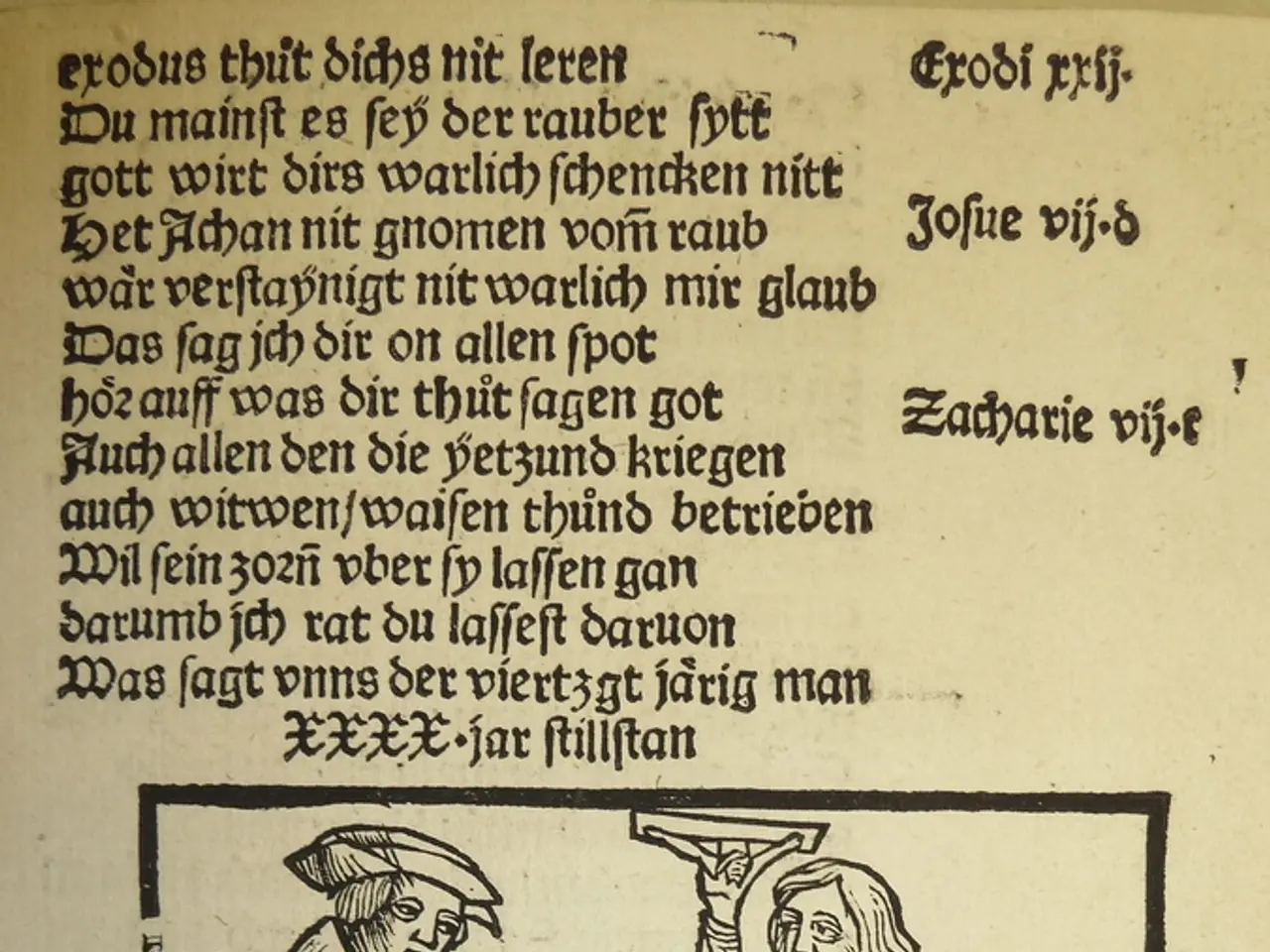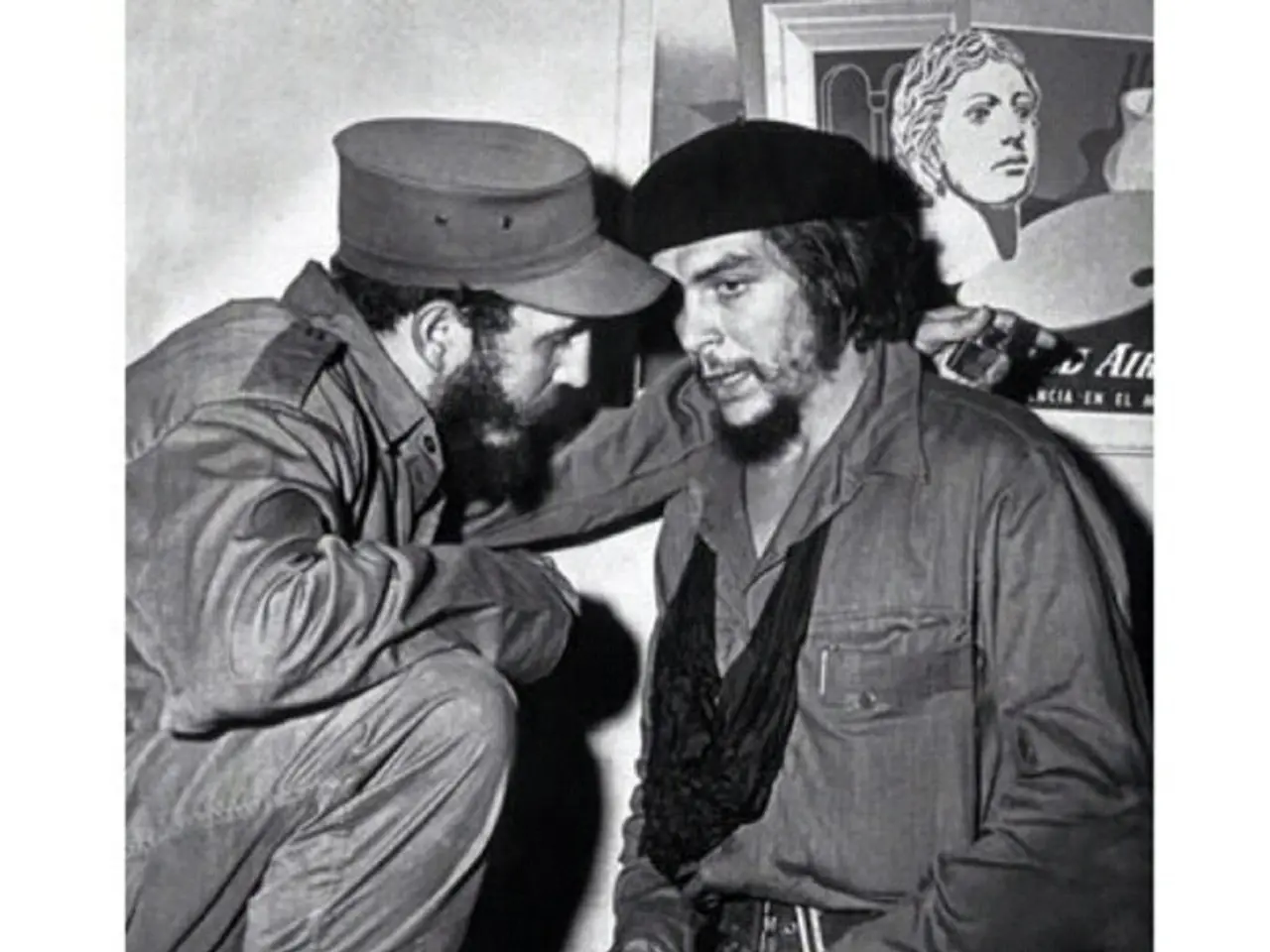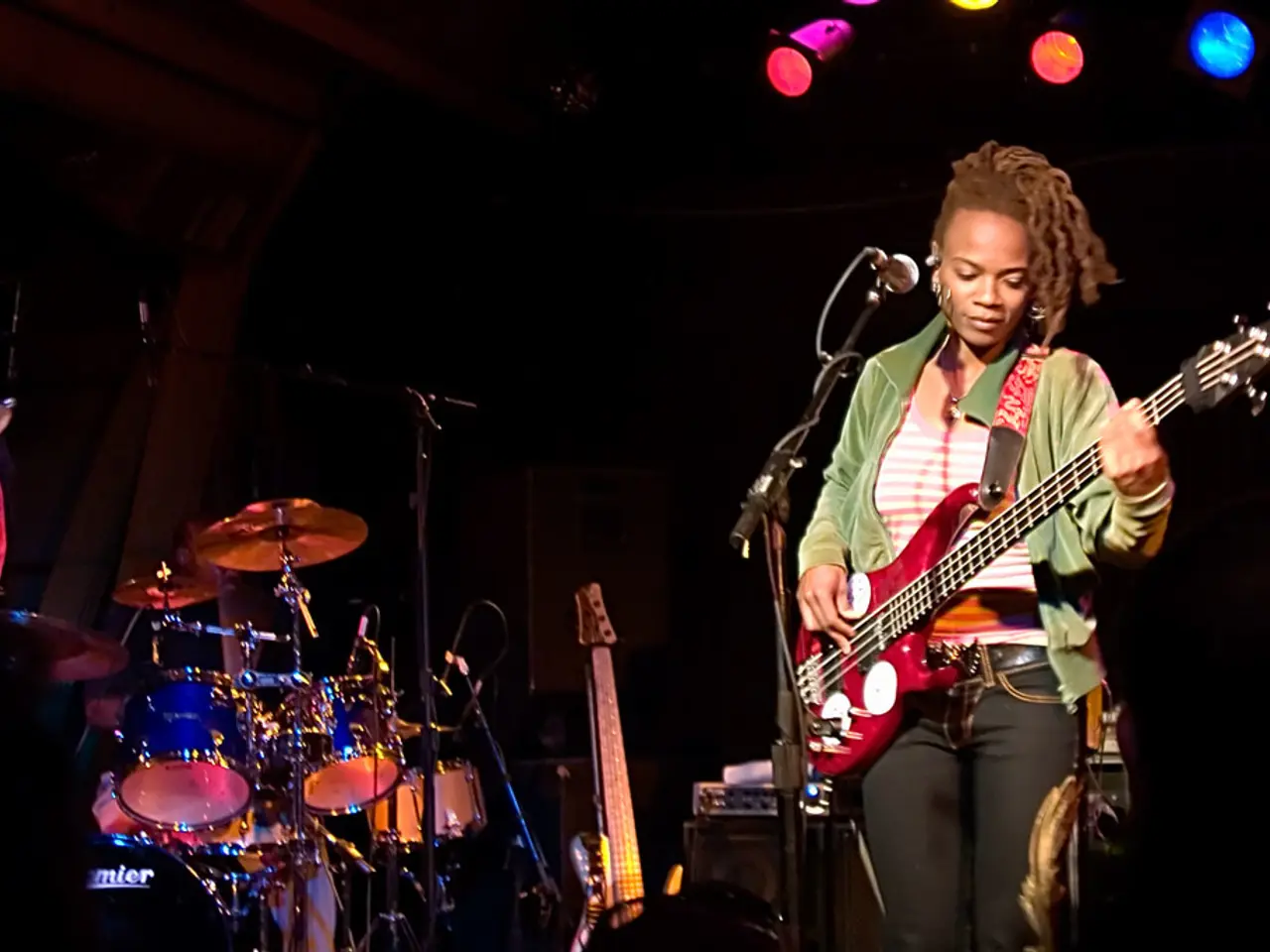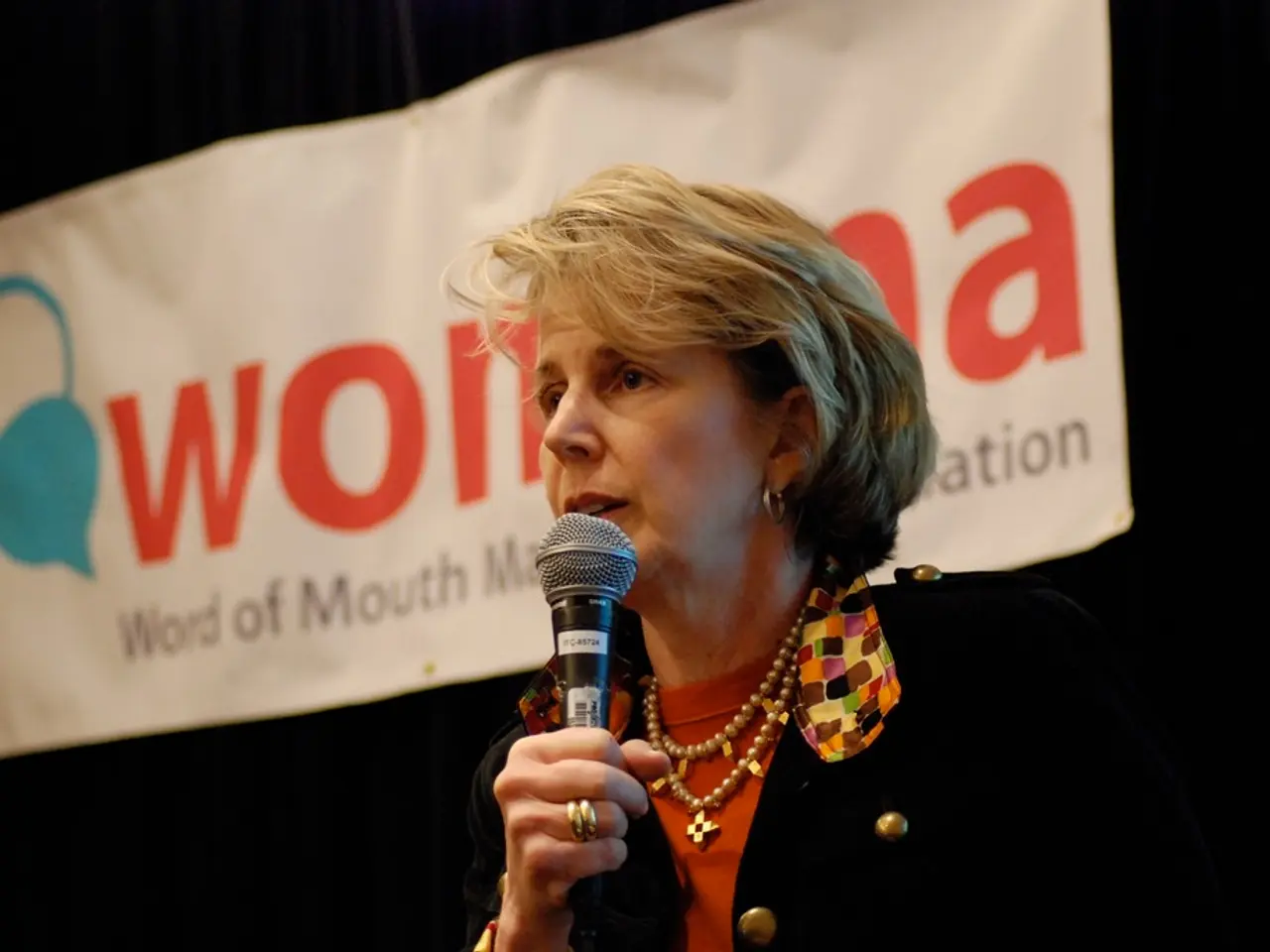Public institutes should adopt a policy of gender exclusion, according to Wolfram Weimer's suggestions.
In a move that has sparked debate within the cultural sector, Cultural State Minister Wolfram Weimer has imposed a gender language ban in his own ministry and called for other publicly funded institutions like museums and broadcasters to do the same. The ban forbids the use of special gender markers, such as asterisks, in official language within his authority.
Weimer justifies the ban by opposing what he views as a coercive, prescriptive approach to language regarding gender. He advocates for freedom of individual expression without enforced gendered language, aligning with the approach taken by the Federal Ministry of Education.
However, critics, including journalists and cultural commentators, see this move as an overreach that stifles linguistic freedom and marginalizes groups. They perceive Weimer's statements as an attack on the freedom of art and culture and an attempt to discipline critical voices. Some have labelled it as "cancel culture squared," where Weimer attempts to cancel the practice of inclusive gender language despite it previously being voluntary.
The German Cultural Council and the German Journalists' Association have expressed their criticism. The managing director of the German Cultural Council, Olaf Zimmermann, states that publicly funded institutions like museums, foundations, or broadcasting do not speak on behalf of the public. The chairman of the German Journalists' Association, Mika Beuster, adds that whether editorial teams of public broadcasters and Deutsche Welle use gender-inclusive language is none of a culture minister's business.
Despite Weimer's call, no other federal ministries plan to adopt the gender ban, with some ministries continuing to use gender-inclusive forms. Several states, including Thuringia, Bavaria, Hesse, Saxony, and Saxony-Anhalt, have imposed gender bans on their offices.
The core of the controversy is about freedom of language use vs. promotion of inclusive language to recognize marginalized groups. Weimer's position is framed as opposing enforced gender language to preserve expressive freedom, while critics argue the ban unfairly suppresses inclusion efforts.
In summary, the cultural sector finds itself in a heated debate over the use of gender-inclusive language. Weimer's stance on the issue has divided opinions, with some supporting his call for freedom of expression and others viewing it as an attack on inclusivity and a marginalization of certain groups. The controversy is likely to continue as the cultural sector grapples with finding a balance between these two important principles.
[1] [Source 1] [2] [Source 2] [3] [Source 3]
The debate in the cultural sector over gender-inclusive language extends beyond the policies of Cultural State Minister Wolfram Weimer, involving discussions on war-and-conflicts, policy-and-legislation, politics, general-news, and crime-and-justice. [Source 1] Critics argue that Weimer's gender language ban, if extended to other publicly funded institutions like museums and broadcasters, could stifle linguistic freedom and marginalize groups, turning it into a matter of crime-and-justice and freedom-of-speech. [2] On the other hand, some state ministries, including Thuringia, Bavaria, Hesse, Saxony, and Saxony-Anhalt, have already imposed their own gender bans on offices, making the politics around this issue complex and multifaceted. [3] In the midst of this controversy, various organizations have expressed their opinions, such as the German Cultural Council and the German Journalists' Association, emphasizing the importance of recognizing marginalized groups and the delicate balance between freedom-of-language and promoting inclusivity in policy-and-legislation. [Source 2 & 3]








